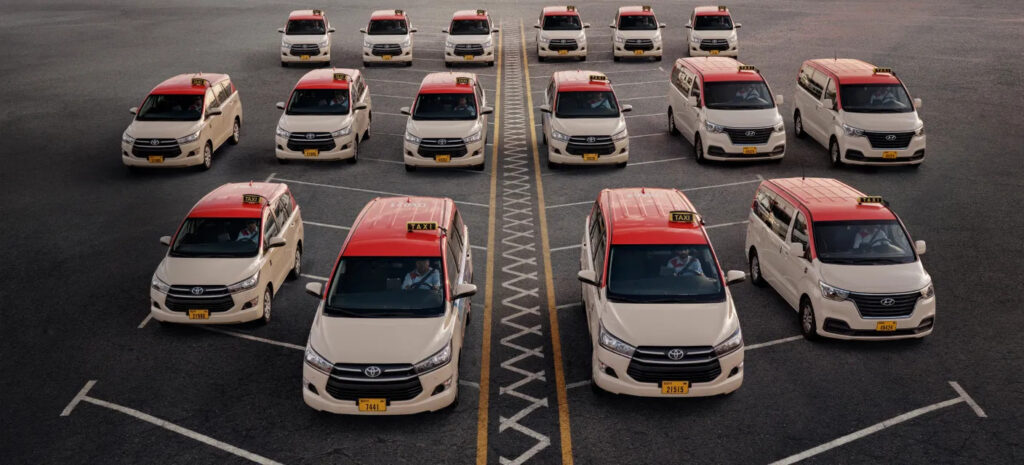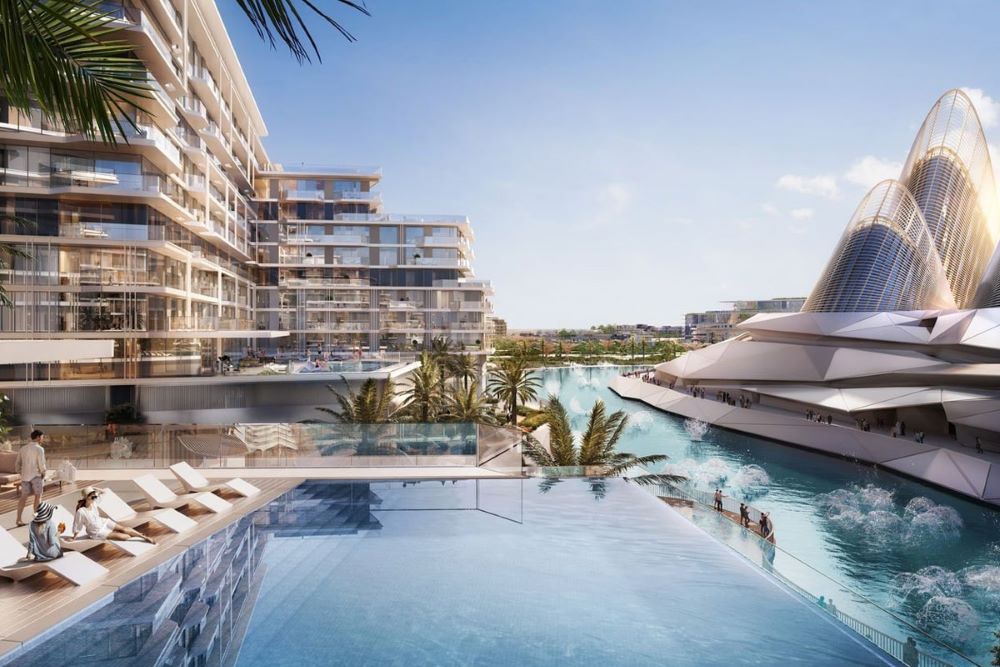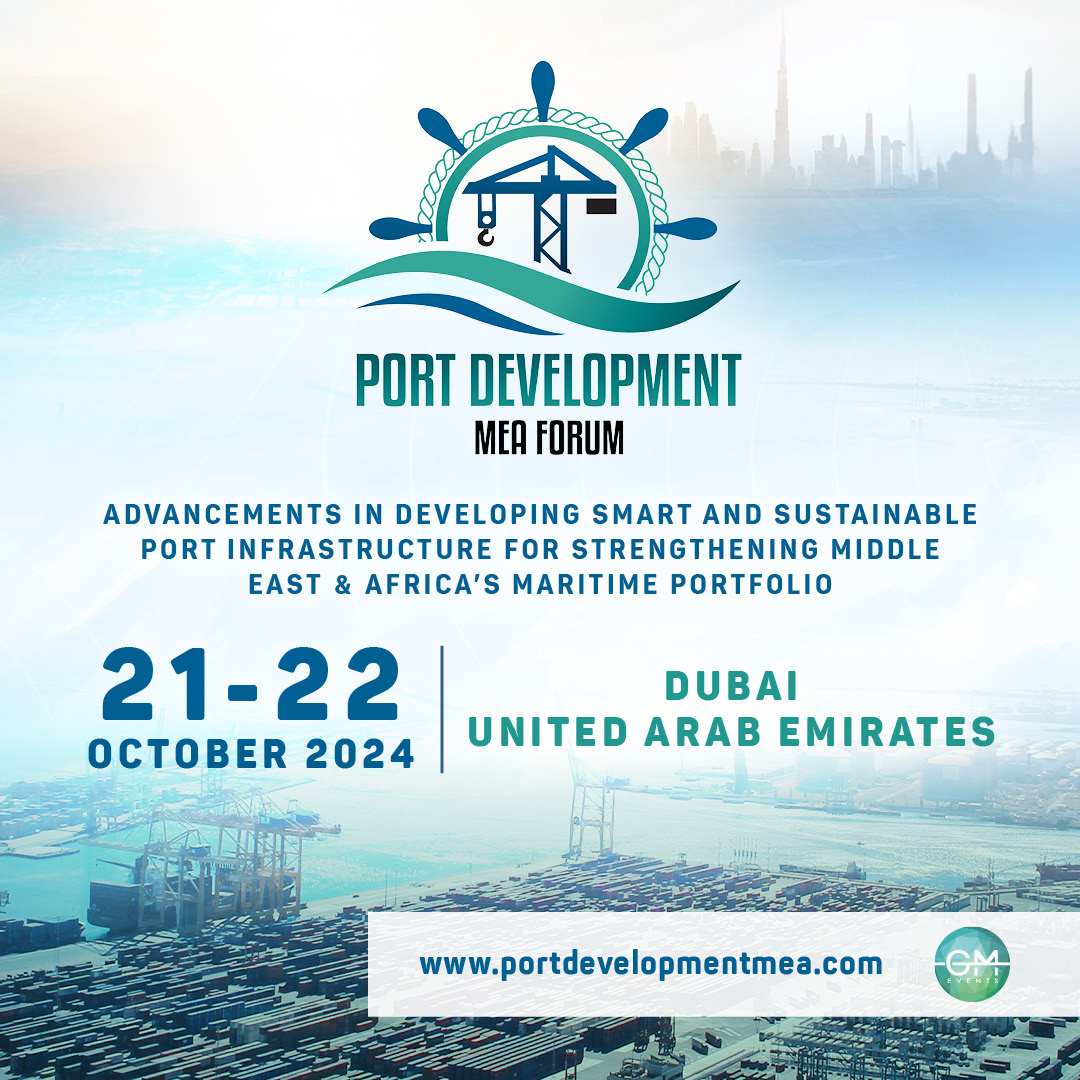
globalbizmag.com
Algeria Keen to Play a Vital Role in Africa’s Energy Transition
With vast desert region and untapped solar potential, Algeria’s renewable energy projects are quite interesting. Algeria is also endowed with rich hydrocarbon resources but is keen to play an important role in North Africa’s energy transition future thanks to its photovoltaic potential.
The Sahara Desert, which covers 86% of the country, has an impressive, year-round solar energy capacity, and Algeria is ranked 21st in terms of potential solar energy capacity. As such, Algeria has the potential to compete with its neighbour Morocco, to become the solar energy sector leader in the North Africa region.
Like other countries in the Middle East, Algeria too announced “Horizon 2030” development plan, in which the government has set a renewable energy target of 16 GW of installed renewable capacity by 2035.
According to Africa Development Bank, an estimated $22 billion is needed between 2020 and 2030, close to $2.3 billion a year, to adequately respond to climate change. But the share of private finance in the energy transition and green growth remains low.
The private sector is hampered by difficult access to long-term resources and a business climate inconducive to mobilising foreign direct investment. But initiatives are being undertaken as part of the National Climate Plan, including implementing the National Fund for Energy Management and Renewable Energies and Cogeneration, which is expected to encourage private investment through compensation schemes, given the additional cost of generating electricity from renewable energy resources and cogeneration systems.
These initiatives are more necessary given Algeria’s large stock of natural capital, which includes an abundant supply of renewable energy (solar, wind, geothermic), fossil energy (oil and gas), and mineral resources (iron, helium, uranium).
“Nevertheless, due to the shortage of freshwater resources, the threat of drought, and the possible depletion of its fossil energy resources (oil and gas) in the medium term, Algeria scored 37.1 out of 100 on the 2021 Natural Capital Index,” the Africa Development Bank said.
Tapping Solar Energy
On the other hand, the government has launched Algeria Renewable Energy Program (AREP) which aims to boost Algeria’s plans (National Renewable Energy Development Strategy 2015-2030) to untap the high solar energy potential (2,000 kWh/ sq m annual average irradiation), diversify the energy mix and attract private investments in the power sector.
Algeria aims to add 13.5 GW of solar energy capacity by 2030 and 16 GW by 2035 and AREP is supporting the government to deploy this huge utility-scale solar energy generation capacity through a transparent, well-structured, and competitive selection of Independent Power Producers (IPPs).
AREP’s specific objective is to provide technical and financial assistance to complete and roll-out the technical, legal, and institutional framework that will allow private IPPs to come and invest in feasible and financially profitable solar energy projects.
Besides inviting bids for a 2000 MW solar project, Algeria’s Minister for Energy and Mines Mohamed Arkab also unveiled a new green hydrogen and ammonia pilot project with German firm VNG in December last year. With Italian partners, he is also exploring the possibility of a proposed undersea pipeline to transport hydrogen from Algeria to Sardinia GALSI Pipeline in Europe.
The Minister, who announced a road map for the development of hydrogen, said: “Algeria intends to take advantage of its technical capacities and its competitive advantages to produce and export between 30 and 40 billion kilowatts of gaseous, liquefied and derived hydrogen, and to supply the European market with nearly 10% of its needs by 2040 at very competitive selling prices.”
This roadmap, which was approved by the government in December 2022, is expected to generate a revenue of $10 billion per annum.










